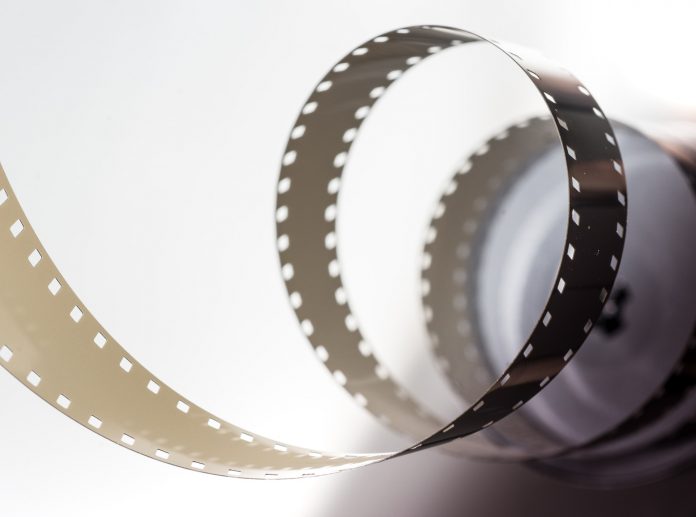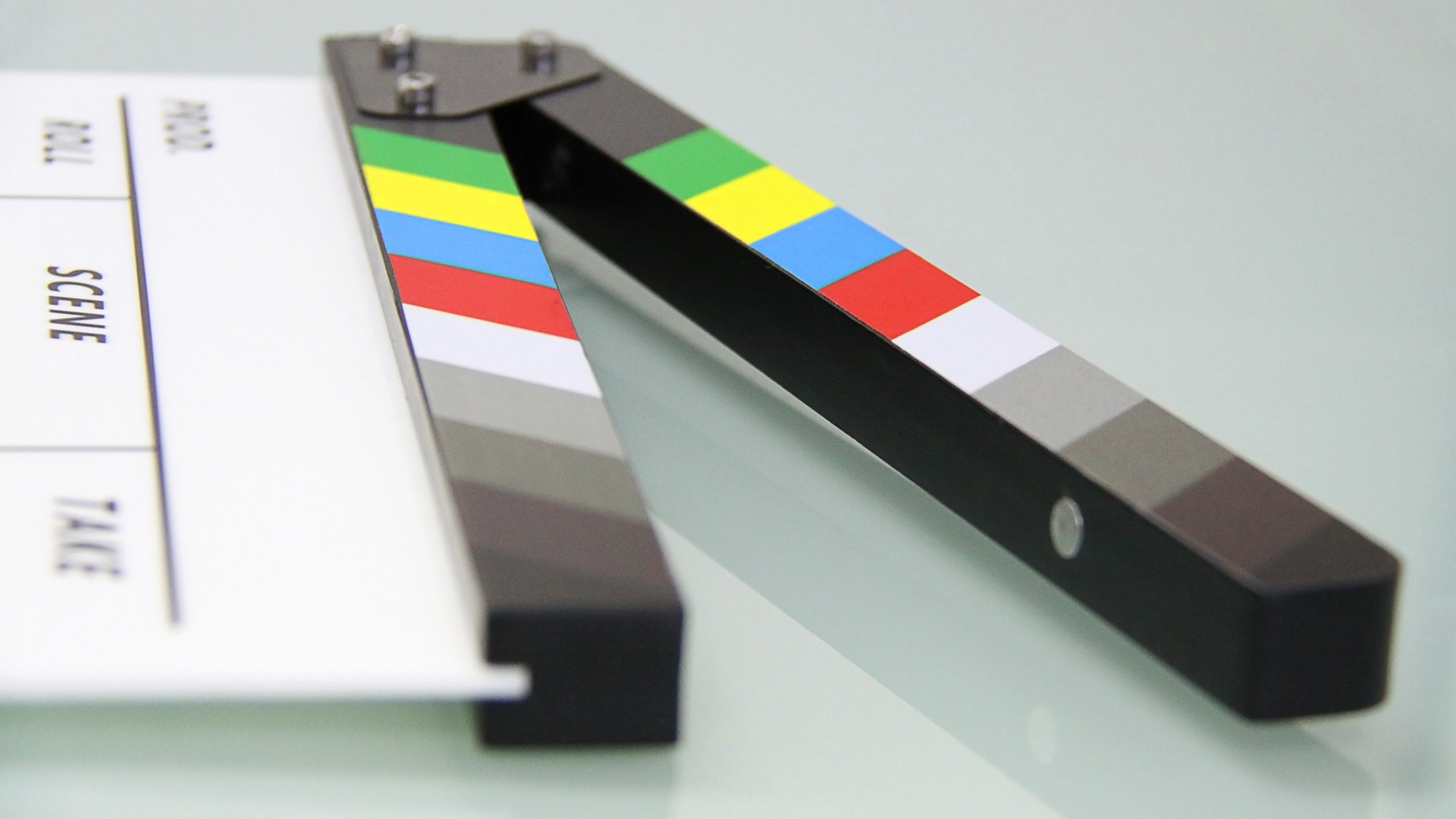
Europe is a central location for filmmakers across the world. It is a host to many film festivals where the world’s greatest filmmakers and artists are celebrated for their work.
Despite their huge efforts, filmmakers are still plagued with piracy, which is further propagated by the use of internet and online platforms such as Google and YouTube. Unfortunately, most of these platforms do not have enough policies in place to protect filmmakers’ and creators’ intellectual property rights.
EU Commission’s Digital Single Market
With the leadership of President Juncker, the EU copyright legislation has been successfully reformed and this would take effect on January of this year; this is called the Digital Single Market. Independent filmmakers across Europe who don’t have the protection of huge motion picture production companies are now given the protection backed by the government.
Under the Juncker Commission, copyright holders can now negotiate and be remunerated for the use of their content in online platforms. Google, YouTube, and other content-sharing platforms are obliged to deploy “filters” that automatically detect songs or audiovisual works ‘which right holders have identified and agreed with the platforms either to authorize or remove.’
The same goes for journalism. EU copyright laws grant publishers online rights in order to provide them licensing rights and gain more advertising revenues. As a result, the government is at ease seeing the news will only come from legitimate sources, preventing the spread of misinformation.

Berne Convention: Copyright Applies Automatically
The Berne Convention is an international agreement on copyright and according to it, copyright protection automatically exists the moment you publish your work or when it’s fixated to a certain medium.
As explained by the World Intellectual Property Organization, the Berne Convention copyright registration states that formalities, registrations, or any official procedures are not required in order to have a copyright.
In essence, there is no need to “apply for an official copyright” for any motion picture, however, applying for copyright registration is still encouraged since this can be used as prima facie evidence in a court of law if copyright disputes or infringement cases happen.
To establish authorship and ownership of rights, several Berne Union members have created voluntary copyright registration systems. Registration will help determine the boundaries of the public domain and at the same time give access to content where no right holder authorization is needed.
Copyright registration is not the same as EU trademark filing. Trademark registration needs to be official to be granted protection while copyright does not.
Voluntary Copyright Registration Step by Step
There is no single policy for copyright and copyright registration in the EU as each member states have their own. The steps included in this article may be different from the actual steps you need to take when registering copyright in your country of residency.
Nonetheless, it can be similar to the steps we’re going to add here:
Decide if it’s necessary to register copyright on your work. If you’re from Spain, you can apply for registration in the Ministry of Culture, but this voluntary registration is not required to file suit for infringement.
As mentioned, copyright protection is automatic, however, if you have plans on distributing your work in online platforms, registration could be your evidence of ownership.
- Find a copyright office or seek legal help. If you have decided to apply for a copyright, you may need to hand over a sealed copy of your work to a lawyer or local notary for them to store. You need to get a signed contract that states the date you’ve given them a copy and that it is kept in a secure and private location.
- If you want to apply online, you can register in a website that offers certificates that would serve as your proof of date. The costs may vary and you may be asked to upload your work and drafts as you were making it. This is additional evidence that you’re the real original creator.
What happens after copyright registration?
There are many ways you can prevent piracy from happening. One is by putting a copyright © sign, your name, work email or contact information on the description of your uploaded video.
Adding a watermark, uploading the file in low resolution, researching on video search engines, and digital fingerprinting also helps prevent piracy from happening.
The video-sharing platform YouTube has received millions of infringement complaints in the past, that is why they have laid out a Content ID system that helps them identify whether an uploaded video or music is copyrighted or not.
Music and filmmakers used to ask YouTube to remove them in the past, but today they choose to keep these videos to make more money off of the “free advertising” and ad views. Hence, it multiplies their sources of income.
Copyright infringement continues to be among the most pressing issues with internet use nowadays, but more creators and filmmakers across the globe are fighting for a fair internet. With the Digital Single Market in place, the EU is keeping up.

